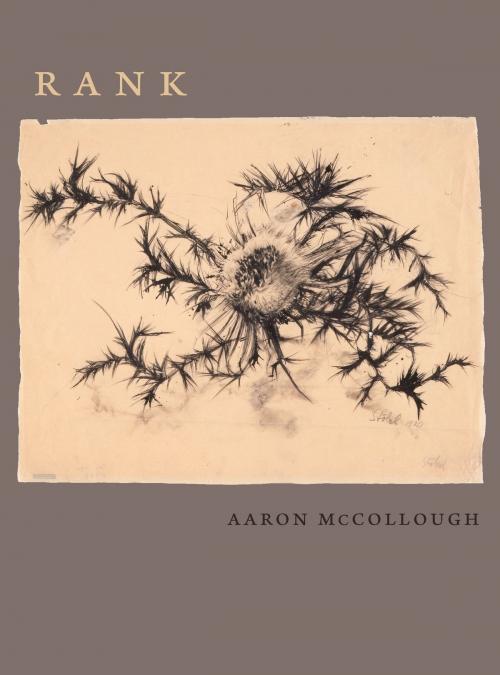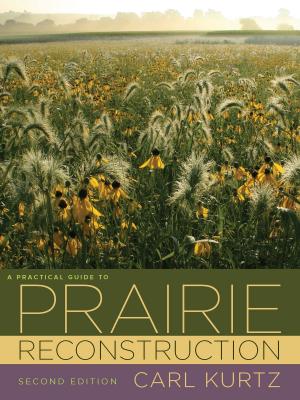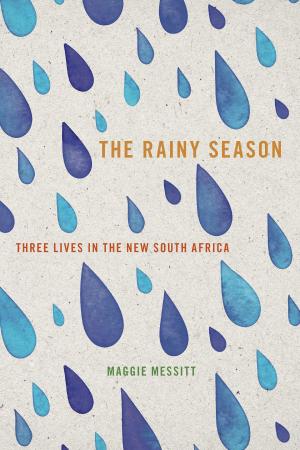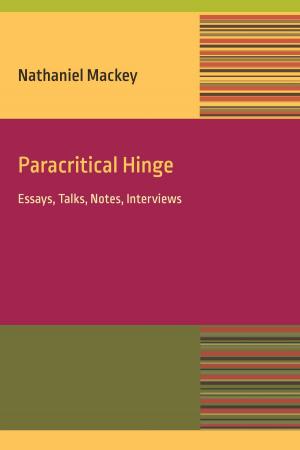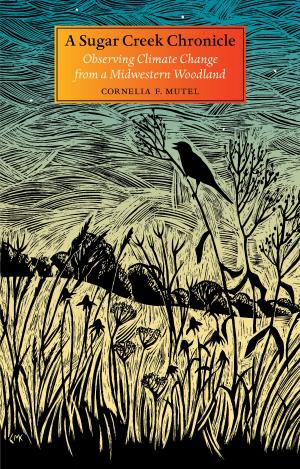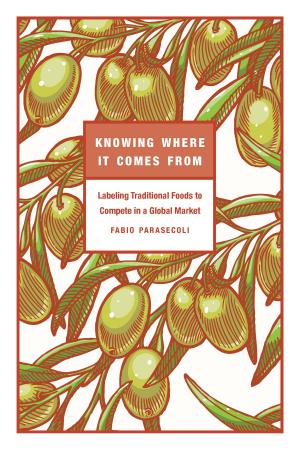| Author: | Aaron McCollough | ISBN: | 9781609383909 |
| Publisher: | University of Iowa Press | Publication: | September 1, 2015 |
| Imprint: | University Of Iowa Press | Language: | English |
| Author: | Aaron McCollough |
| ISBN: | 9781609383909 |
| Publisher: | University of Iowa Press |
| Publication: | September 1, 2015 |
| Imprint: | University Of Iowa Press |
| Language: | English |
“I guess an iceflow came through / to take the road,” writes Aaron McCollough in Rank, a richly strange sequence of poems in which forces of nature, mind, spirit, and language partake of each other in vibrant and shifting ways. “I can only guess that would / destroy these remains slowly,” McCollough continues. Indeed, Rank seeks to recover sources of imaginative meaning from the unsettled remnants of lyric tradition, seeking out possibilities for belief and sustenance in the echoes of lapsed poetic speech and song.
In language that is dense, allusive, by turns trancelike and mordantly funny, McCollough descends into the ranks of disintegrating organic life and finds elemental processes of regeneration underway, “ivy suckers climbing / the knock kneed craning bridge / to that bright food.” This is work that emerges in the aftermath of declining systems of hierarchy and order, a site marked by the overlapping of occult practices and postmodern physics, tense meditation, and economic anonymity. McCollough gives rise to a voice that is as much vegetative as human, as deeply embedded in the loam of cultural memory as it is new, original, and lavishly daring.
“I guess an iceflow came through / to take the road,” writes Aaron McCollough in Rank, a richly strange sequence of poems in which forces of nature, mind, spirit, and language partake of each other in vibrant and shifting ways. “I can only guess that would / destroy these remains slowly,” McCollough continues. Indeed, Rank seeks to recover sources of imaginative meaning from the unsettled remnants of lyric tradition, seeking out possibilities for belief and sustenance in the echoes of lapsed poetic speech and song.
In language that is dense, allusive, by turns trancelike and mordantly funny, McCollough descends into the ranks of disintegrating organic life and finds elemental processes of regeneration underway, “ivy suckers climbing / the knock kneed craning bridge / to that bright food.” This is work that emerges in the aftermath of declining systems of hierarchy and order, a site marked by the overlapping of occult practices and postmodern physics, tense meditation, and economic anonymity. McCollough gives rise to a voice that is as much vegetative as human, as deeply embedded in the loam of cultural memory as it is new, original, and lavishly daring.
